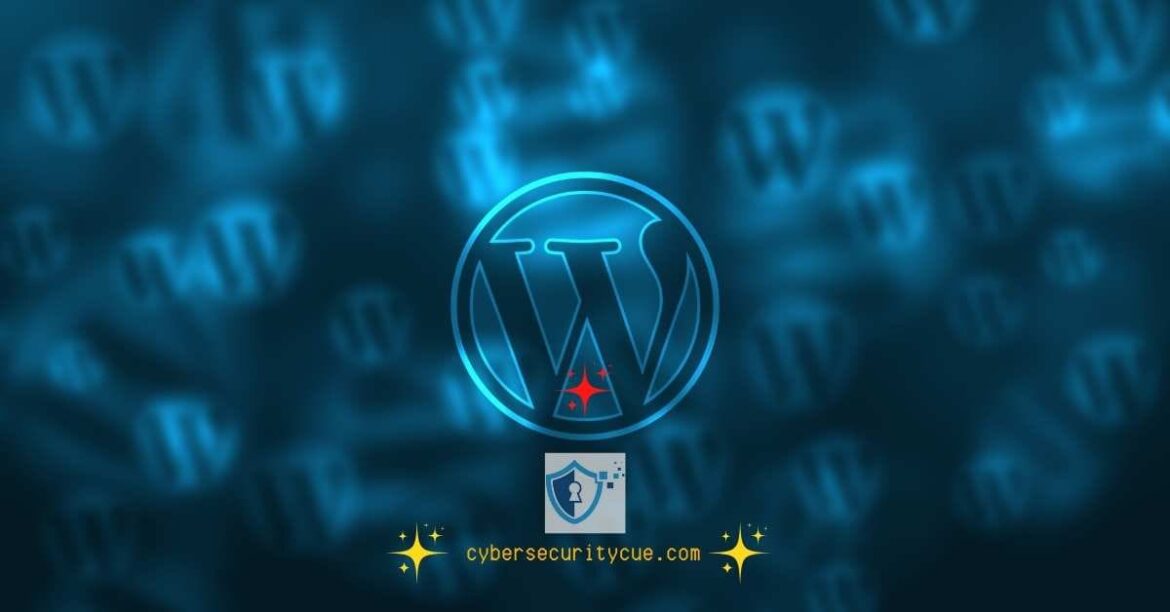Table of Contents
Imagine waking up to find your WordPress site compromised, with malicious plugins silently installed, giving attackers control over your website. This nightmare scenario is becoming a reality due to a Hunk Companion plugin vulnerability exploited by cybercriminals targeting the Hunk Companion plugin.
This critical flaw, identified as CVE-2024-11972, has a near-maximum CVSS score of 9.8 and impacts all versions of the plugin prior to 1.9.0.
With over 10,000 active installations of the plugin, the threat is widespread, leaving countless sites vulnerable to attacks such as Remote Code Execution (RCE) and SQL Injection.
Key Takeaway to the Hunk Companion Plugin Vulnerability:
- Staying vigilant and keeping plugins updated is essential to protect your WordPress site from vulnerabilities.
The Critical Flaw in the Hunk Companion Plugin Vulnerability
What Is CVE-2024-11972?
CVE-2024-11972 is a high-severity vulnerability in the Hunk Companion plugin. The flaw allows unauthenticated users to bypass security checks and install unauthorized plugins. Exploiting this flaw can enable attackers to:
- Execute malicious PHP scripts.
- Create administrative backdoors.
- Tamper with database records.
How Does the Exploit Work?
The vulnerability originates in the script “hunk-companion/import/app/app.php,” which fails to verify user permissions before installing plugins.
This oversight enables attackers to exploit the flaw remotely, posing a severe risk to WordPress site owners.
Real-Life Exploit: Weaponizing the Flaw
WPScan uncovered this vulnerability when analyzing a hacked WordPress site. Threat actors used the flaw to install a now-removed plugin, WP Query Console, which has its own zero-day RCE vulnerability (CVE-2024-50498, CVSS 10.0).
Attackers exploited this flaw to execute malicious code.
The exploit chain demonstrates the critical danger of unpatched vulnerabilities and outdated plugins.
Why This Vulnerability Matters
Impact of the Exploit
When attackers exploit a WordPress plugin vulnerability, they can:
- Gain unauthorized access to your site.
- Steal sensitive data.
- Redirect visitors to malicious websites.
A Pattern of Exploitation
This isn’t the first time a WordPress plugin has been weaponized. In 2022, a similar vulnerability in the Elementor plugin affected millions of websites, leading to widespread attacks.
Protecting Your WordPress Site
To safeguard your website, follow these actionable steps:
- Update All Plugins Regularly: Ensure your plugins, including Hunk Companion, are updated to the latest versions.
- Audit Your Plugins: Remove outdated or abandoned plugins that may be vulnerable.
- Enable Multi-Factor Authentication (MFA): Secure admin accounts with MFA to prevent unauthorized access.
- Use a Security Plugin: Install a trusted WordPress security plugin, such as Wordfence, to monitor and block malicious activities.
- Back-Up Your Site: Regular backups ensure you can restore your site if it gets compromised.
Other Vulnerabilities to Be Aware Of
The Hunk Companion flaw isn’t the only threat. Recently, the WPForms plugin (CVE-2024-11205, CVSS 8.5) was found to have a critical flaw allowing authenticated users to refund payments without authorization. Learn more about this vulnerability here.
About WPScan
WPScan is a leading WordPress vulnerability database, offering critical insights into plugin security issues. Their mission is to protect WordPress users by uncovering and reporting vulnerabilities. Explore their work at wpscan.com.
Rounding Up
The recent exploitation of the WordPress Hunk Companion plugin vulnerability serves as a stark reminder of the risks posed by unpatched plugins. Regular updates, thorough plugin audits, and robust security measures are essential for safeguarding your WordPress site.
Stay proactive, stay secure, and don’t let vulnerabilities ruin your online presence.
FAQs
How can I check if my site is affected?
Verify if you’re using Hunk Companion version 1.9.0 or earlier. Update the plugin immediately if necessary.
What should I do if my site is compromised?
Restore your site from a clean backup and install a trusted security plugin to detect and remove malicious files.
Are all plugins risky?
No, but outdated or poorly maintained plugins can be exploited. Stick to reputable plugins with regular updates.
How can I prevent similar attacks?
Keep plugins updated, remove unused ones, and use strong security practices like MFA and regular site audits.





